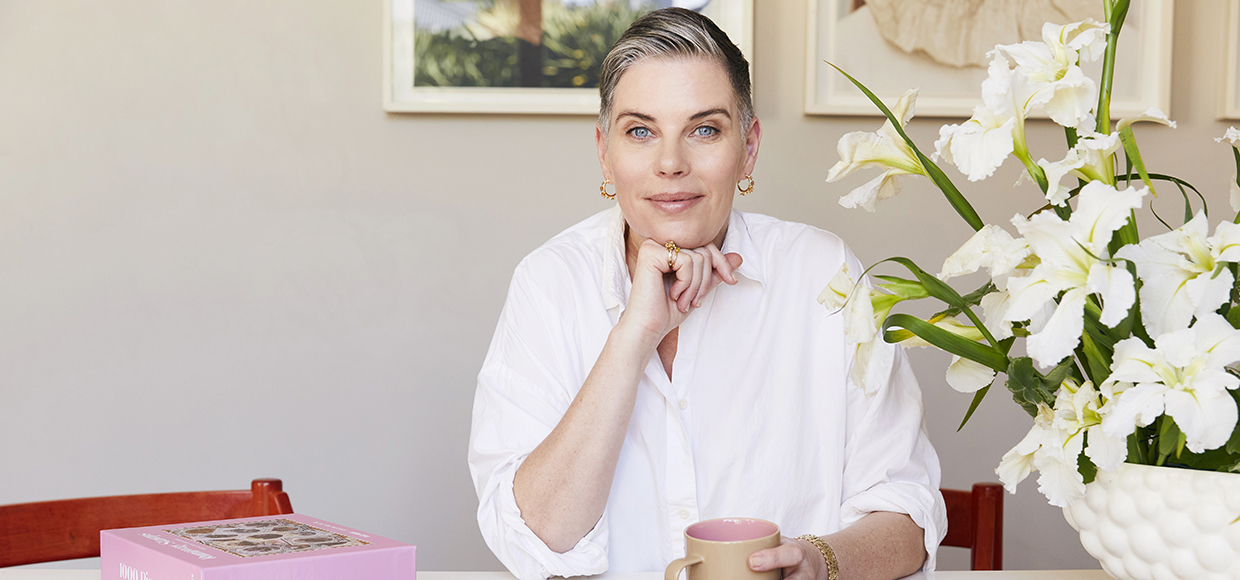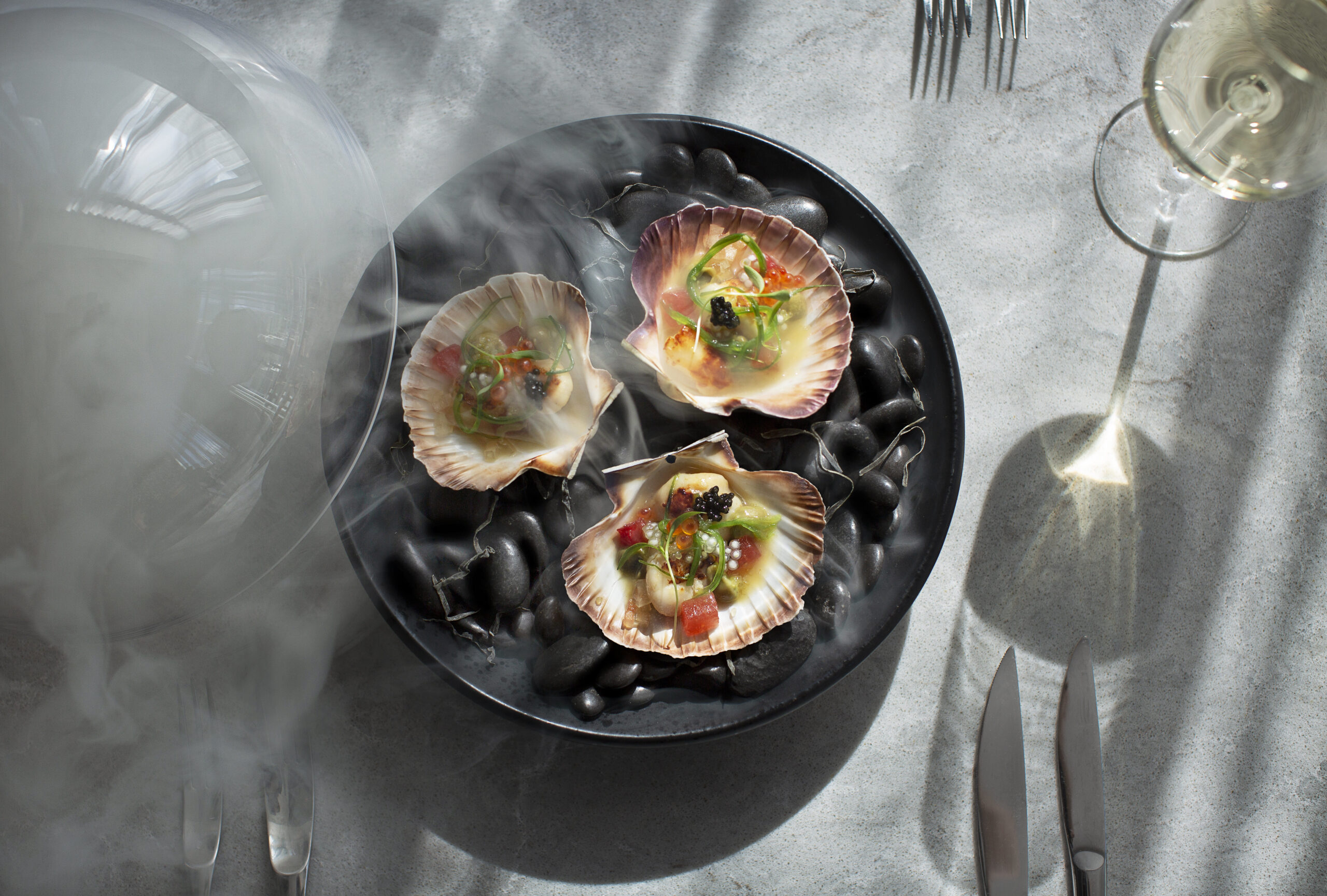We might be in a digital world but board games and puzzles are making a resurgence. We speak to two high-profile Kiwis who share in this passion and round up some of the most popular board games to play.
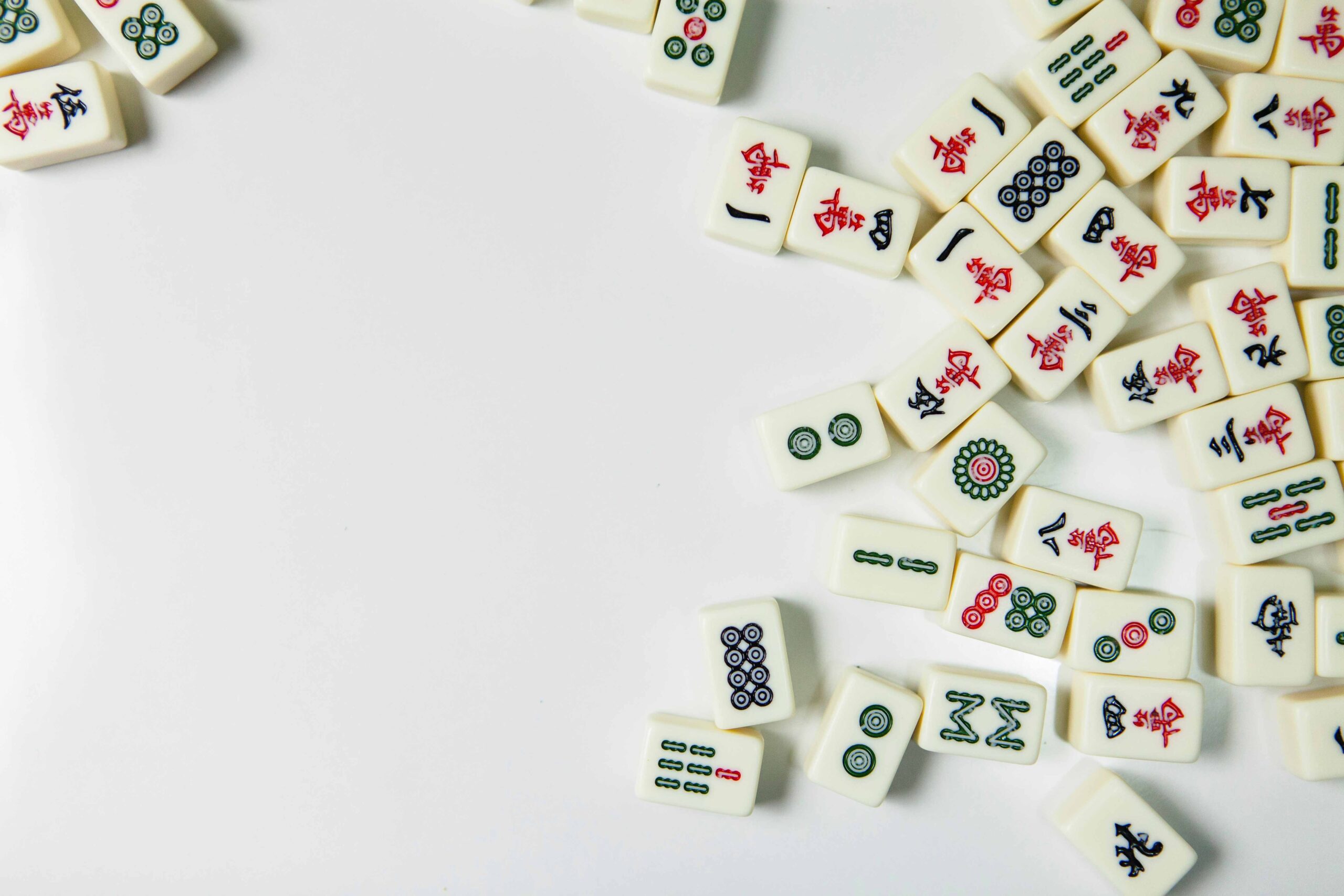
Karen Walker
Mahjong
Mahjong is having a moment. It’s becoming increasingly popular as a game that’s not only strategic, but also one of friendship. For those who play it’s a night of connection, banter and of course competition. It’s one of fashion designer, Karen Walker’s favourite games and she’s been playing it for about 30 years, mostly with the same group of friends.
“We try to play every couple of months and certainly play more over summer when we’re all at the beach. My daughter’s a very good player also. I taught her when she was about 10 and we sometimes play with my mother-in-law who also plays well.”
Mahjong is a strategic game where players must match or make a sequence of sets of tiles to win. It’s a bit like gin rummy – you draw and discard tiles to complete a set. There are many levels of competency depending on whether you include tiles like the flowers, and if bets are placed or not.
To get mahjong, a player finishes on 14 tiles consisting of four sets and one pair. There are two versions of the game played all over the world – Chinese and American. The American variation is from a Jewish American culture that became popular in the 1950s. In the American version, the hands allowed are listed on a card, with players aiming to complete a hand on the card – without having another player play the same one. This adds a level of perception – being able to decipher which hand opponents are potentially playing plus being able to pick up the correct tiles to complete your own. Every year, a new card is sent out. In the Chinese version, the allowed hands never change and there is no card to play from.
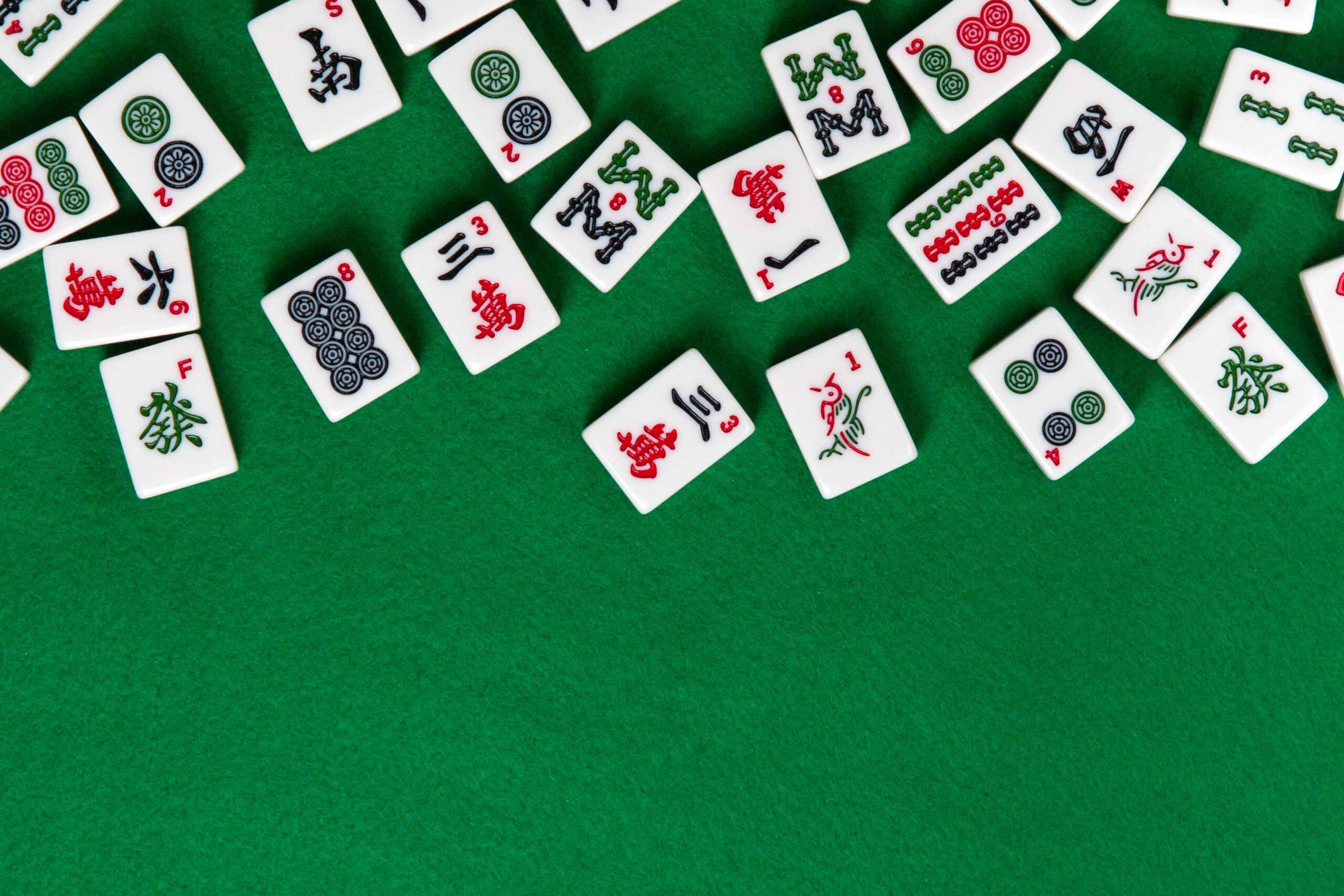
Karen plays the American version, always with the more complicated ‘flowers’ and enjoys betting, “with my core mahjong friends we bet. It’s only $1 limits so not very high stakes!”
Karen was originally taught by her brother and then took up follow-up lessons with a friend of a friend who’d been playing for years. And it is that type of game – being shown how to play is a lot easier than following the rules from a book. And it’s a great way to catch up with friends.
“There’s always a lot of gossip and side conversations – mahjong’s seldom about the game, it’s about the chat,” she says. For her, it’s also a great way to turn off from work, which when you own a multifaceted global business like hers, is all encompassing.
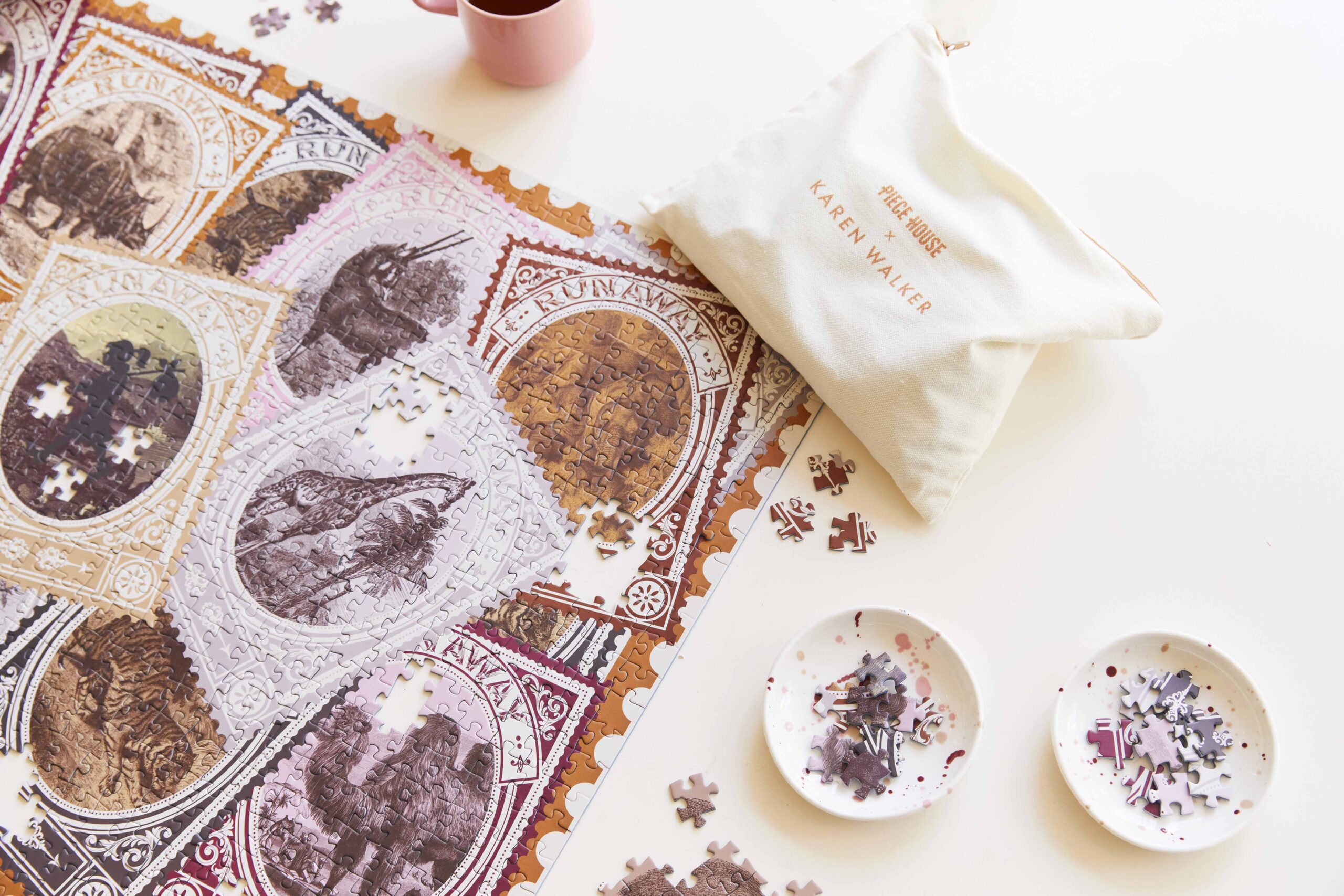
Karen also loves to play chess and Scrabble and is open to Monopoly. “Articulate and any card games can be great with the right crowd. For chess, I like to play with my family. For Scrabble I like to play face-to-face best but, as an alternative, Words with Friends is a daily activity with three pals/family around the world. For winter, a fireside game of Mahjong is unbeatable.”
Karen also enjoys solo games like a jigsaw puzzle for the times there is no one to play with.
And what does she love about it so much? Winning or more the companionship and switching off from the world and business?
“A bit of both, though those I play with would probably say I’m highly competitive.”
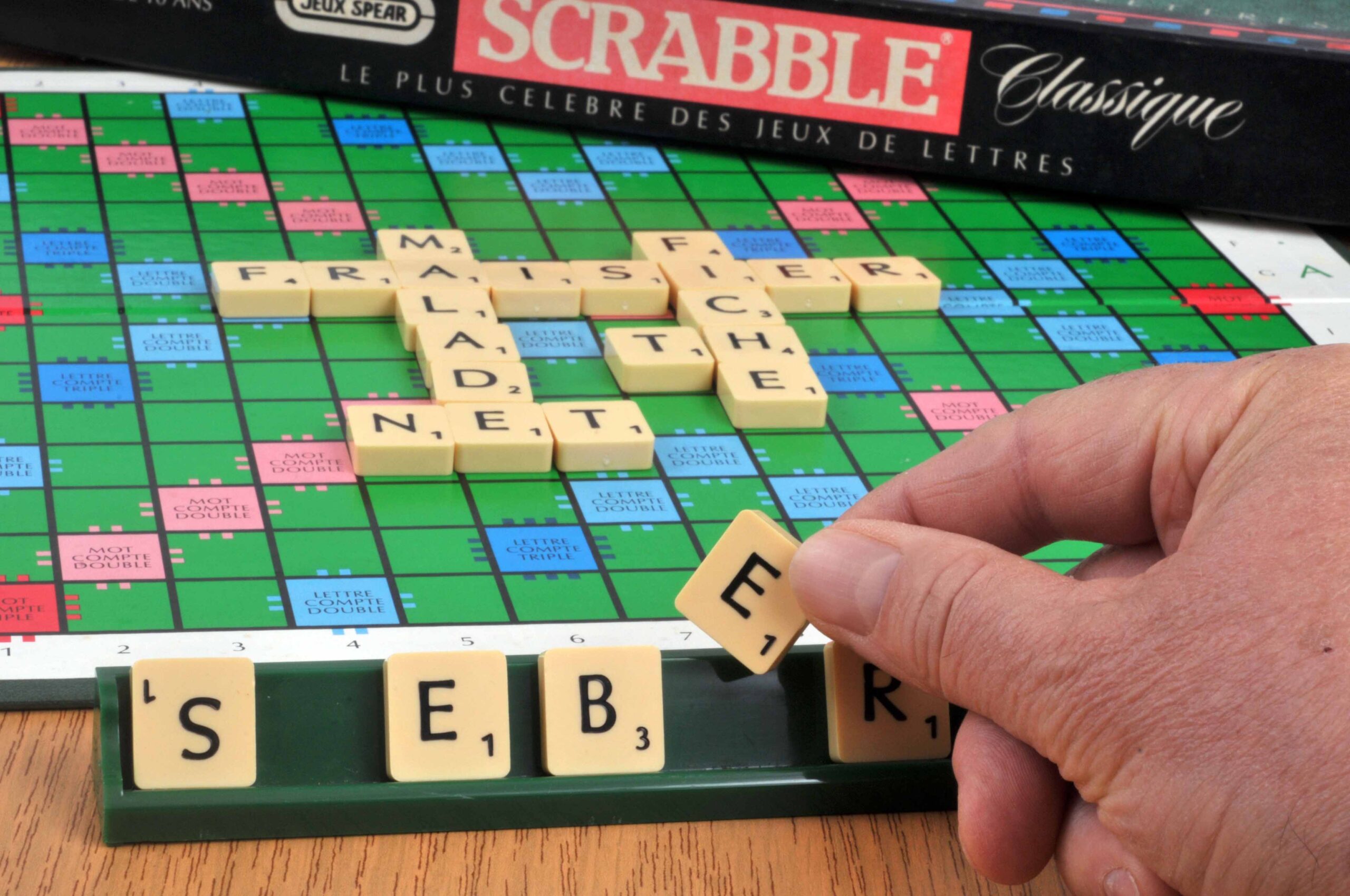
Jesse Mulligan
Scrabble
Another keen Scrabble player is RNZ’s Jesse Mulligan who started playing as a kid against his family, “including my grandmother – she would be quite impatient waiting for people to take their turn but too polite to say anything so would take her frustration out on my poor grandfather (“Hurry up Robbie!”) who’d act as a lightning rod for the rest of us. Then a few years ago a broadcaster named Derrin Hinch released a book called The Ultimate Guide to Winning Scrabble and I thought, okay let’s start taking this seriously.”
Jesse prefers to play in person, “you can’t trust people online!” and has become, what he describes as a Scrabble purist, down to agreeing with his opponent which dictionary they’ll be using and what the challenge rules will be before the game begins.
As a wordsmith, he loves the challenge. “You have seven letters which you know must form a word but can you manage it? Competitive Scrabble is all about playing the seven-letter words and getting the 50-point bingo. My record is four in one game.”
His highest score? “Anything below 300 is a deep failure.”

Jesse grew up playing games, chess and Poleconomy – a New Zealand designed game that Jesse remembers playing the most, especially when the buttons on their Computer Battleships game stopped working.
These days he also plays games with his kids. One of them being Catan which is a card and boardgame where players battle each other to colonise an island.
“That sounds a bit problematic doesn’t it, but there is no indigenous population so I think we’re in the clear,” he says. “Anyway it’s the right mix of luck and strategy that young and old seem to enjoy.
“We started with Catan Junior but all quickly got the appetite for something more complex,” he said. “Daisy is ten and she is just old enough to enjoy it, mind you Felix is only eight and he is always itching to play, so perhaps it just depends on the child.”
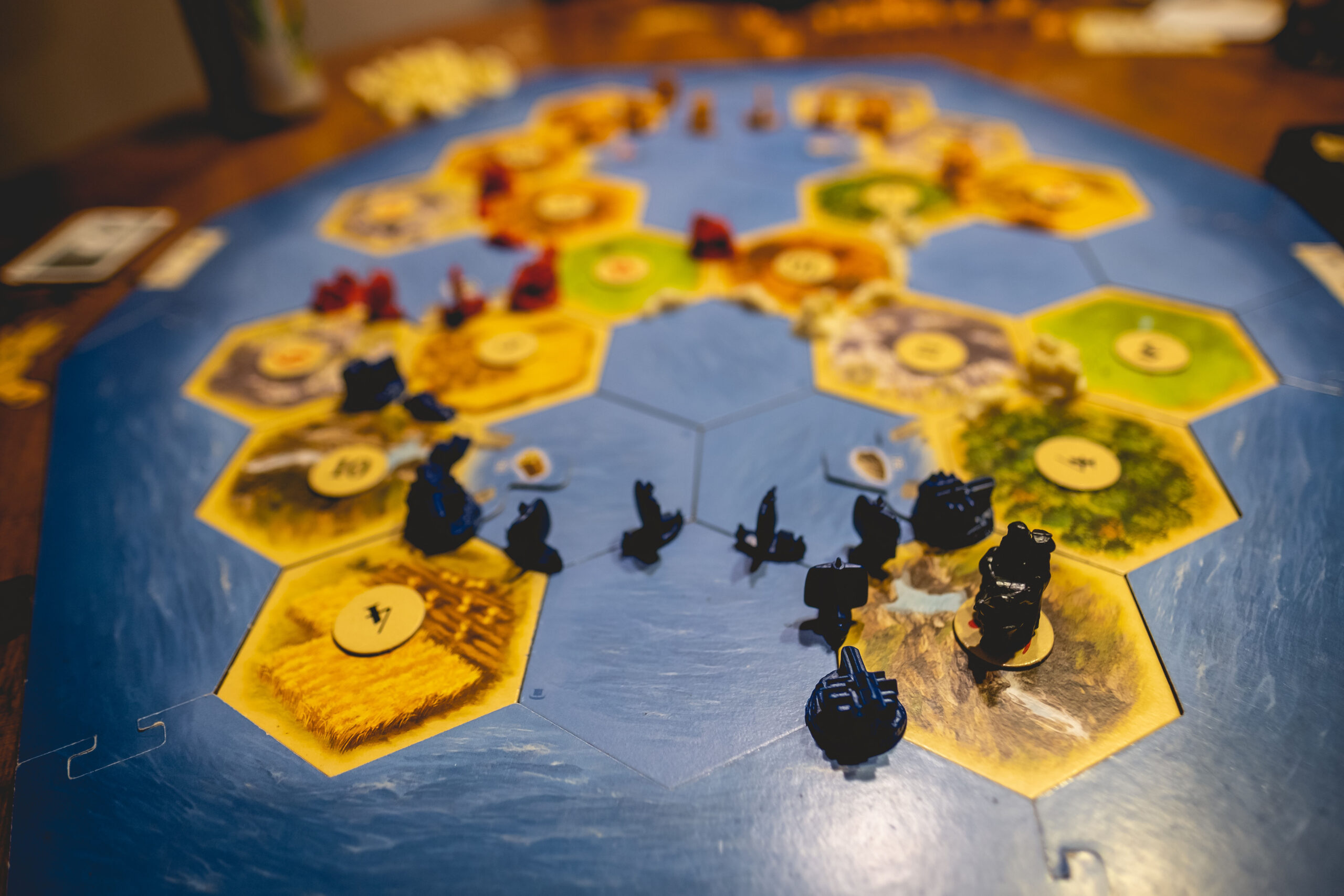
The dynamics can be fun, and the siblings love to get at each other. “Do you want to trade two bales of hay for two goats? Yes? Well I don’t, I just wanted to check if you had goats.” If the kids are determined enough to wind each other up, there will never be enough rules to stop them.”
Jesse surmises that playing board games has many values. He appreciates that they’re not stuck in shoot-em-up video games.
“Codenames is my hottest recommendation, I just love it. It’s a hard one to explain but you’re trying to get your playing partner to guess the right words on the board by the clues that you give them. But if they guess the wrong words you lose. So if you want them to guess “SKY” but not “SMURF” then “Blue” is a terrible clue. It’s a bit like the game Taboo but you want to avoid wrong answers.”
He says it’s best to play with two pairs but there are ways to work with odd numbers. And it’s a game that gets a lot better with practice.
“It’s great family time, and as we mostly play them on holiday it gives life a much different pace than during the working week. Plus, it usually means they’re allowed a late night so they’re learning to associate board games with a relaxed mum and dad! There’s a lot of pressure not to be doing something else as you play, so phones and books go away and you’re either in or you’re out!”


